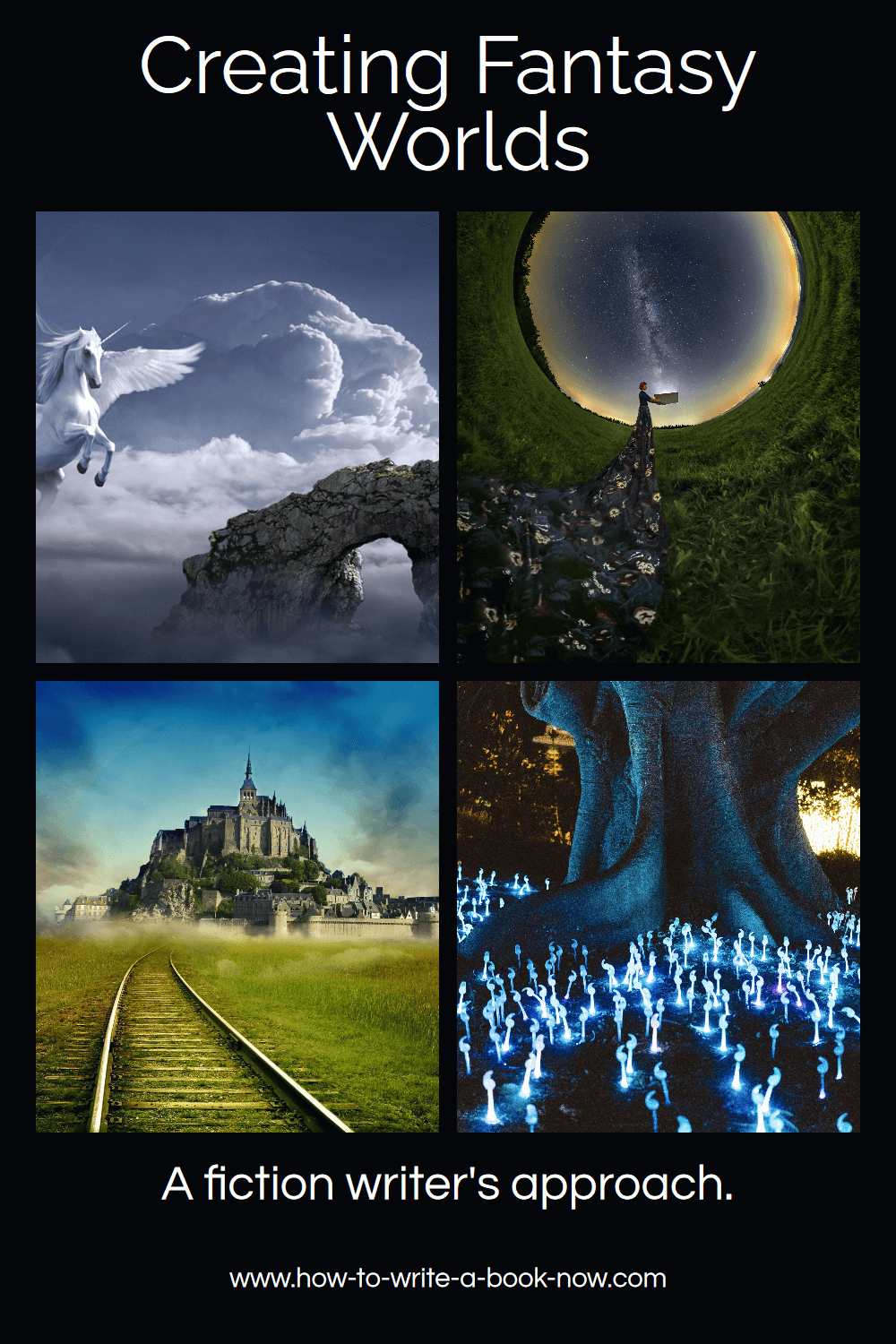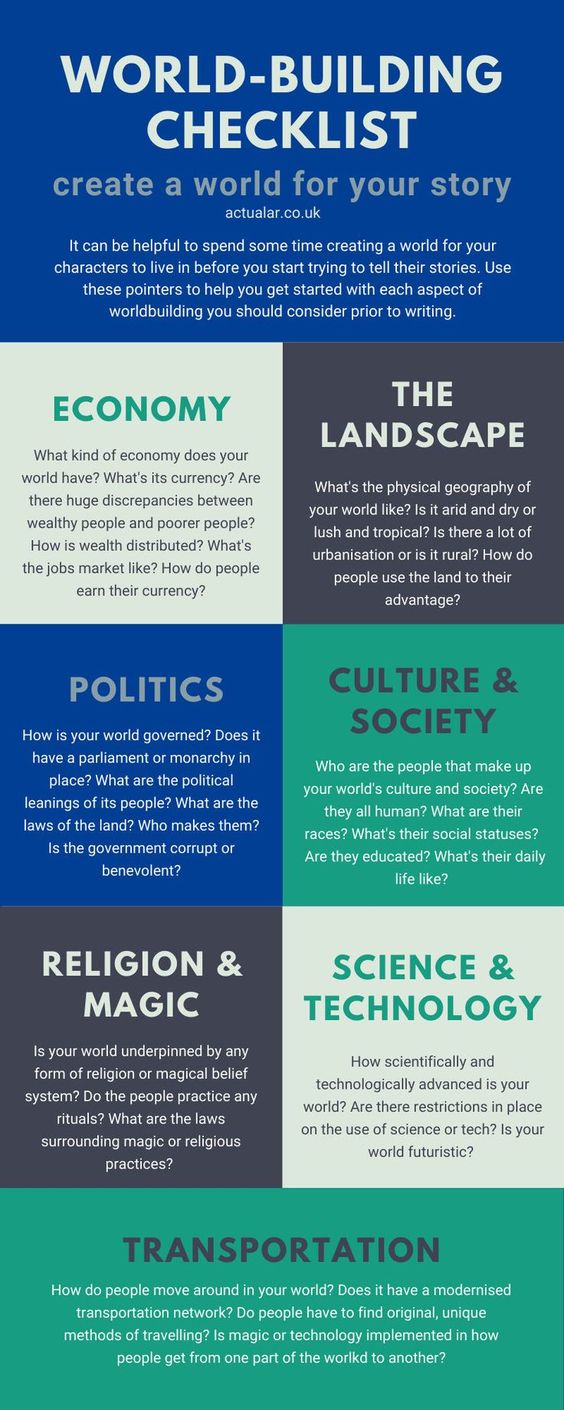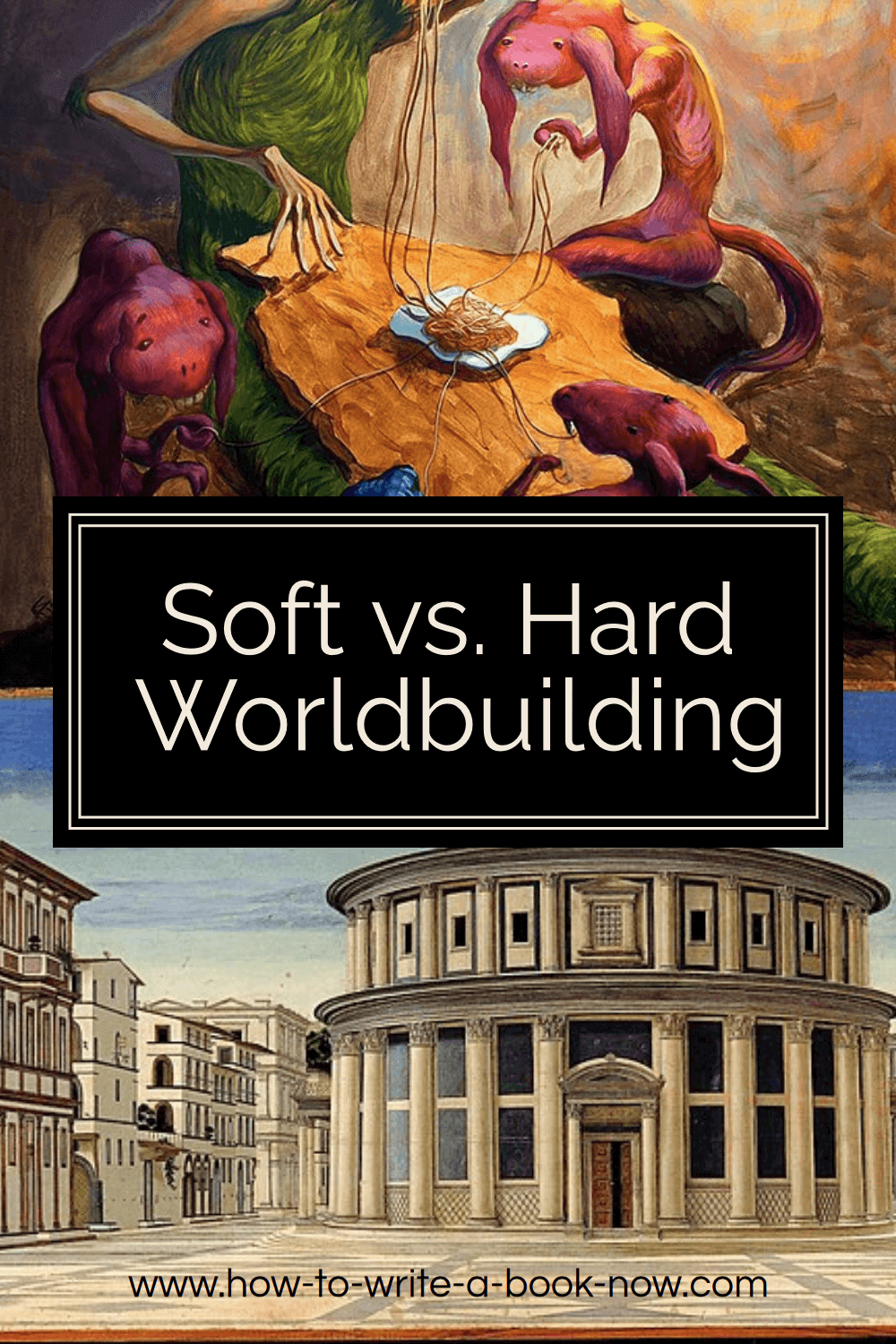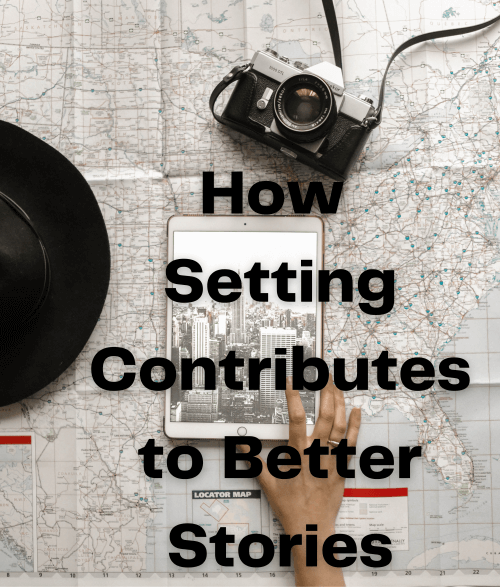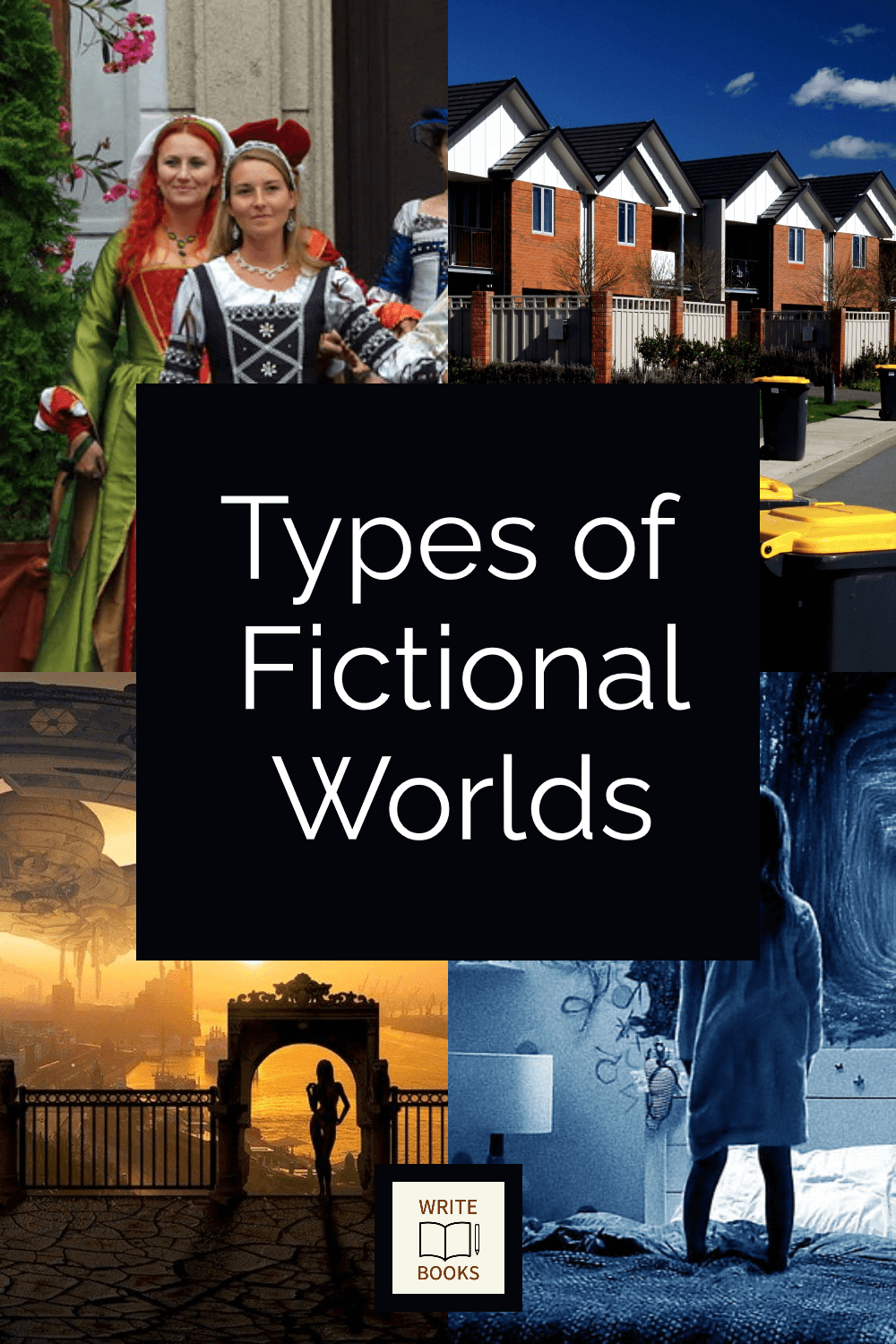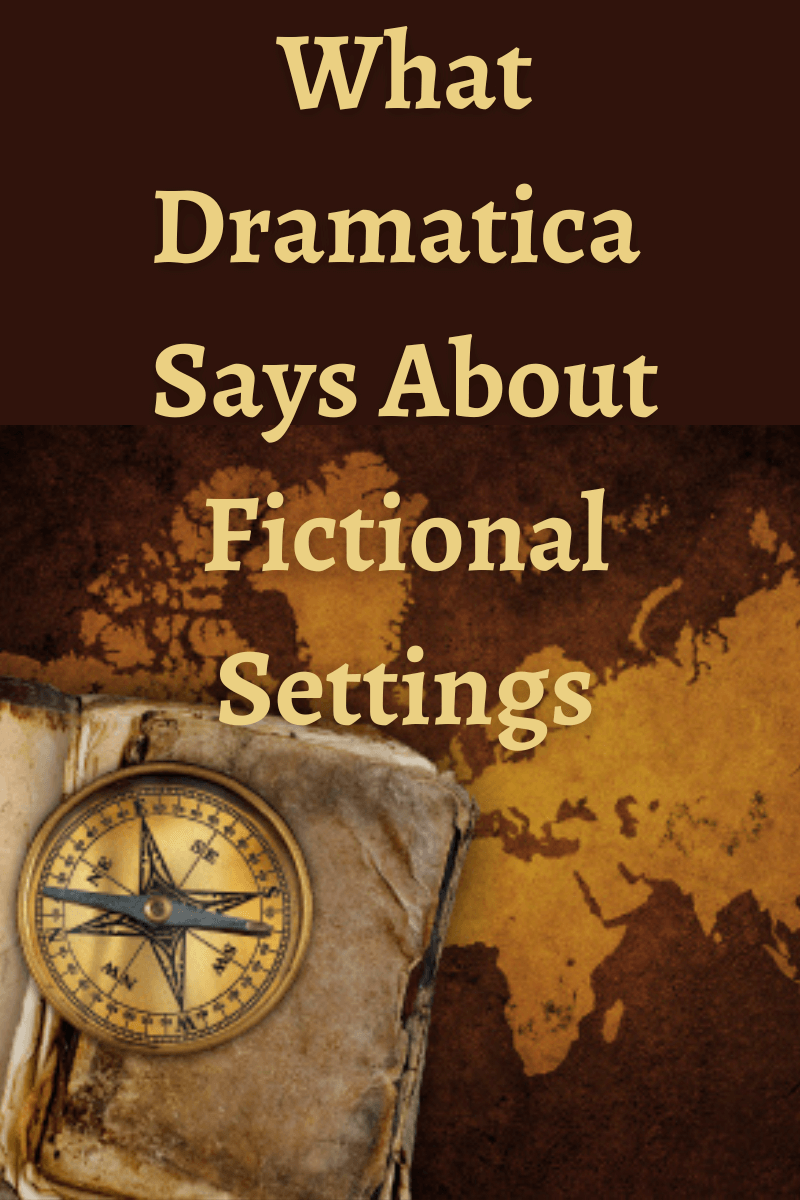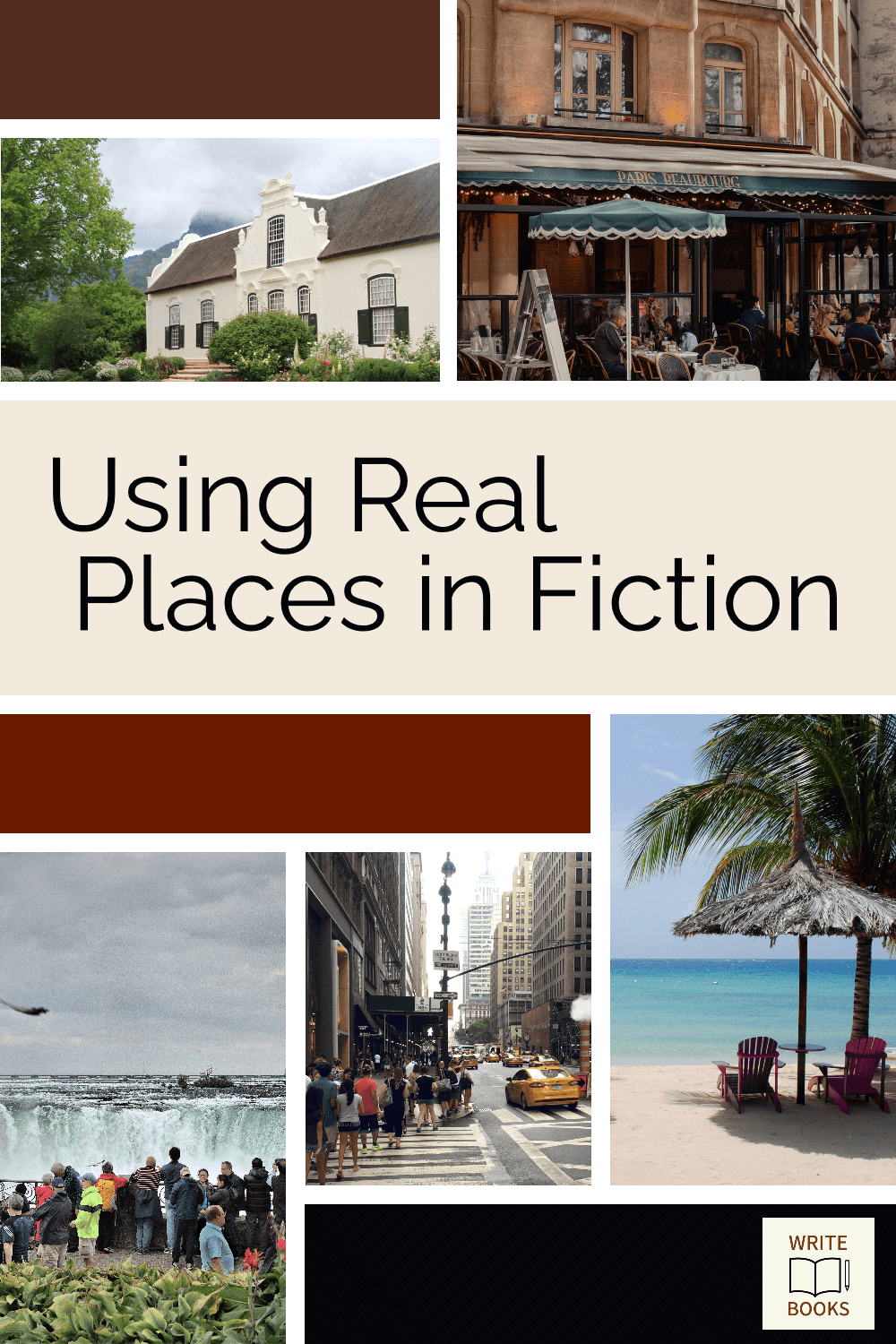Creating a Fantasy World: Worldbuilding for Writers Who Hate Worldbuilding.
By Glen C. Strathy
When it comes to creating a fantasy world, or "worldbuilding," you will find lots of online resources -- tools that can help you design worlds in great detail and with consistency across many facets, including geography, species of life, cultures, character names, magic systems, etc. Most of these tools are geared towards the gaming community, as there are more gamers than fiction writers. However, if you are the type of writer best described as a "plotter" (that is, someone who likes to plan your stories in great detail before you start writing), or if you just love the process of creating a fantasy world, many of the tools designed for gamers and game designers will be useful when you are preparing to write a novel or short story.
On the other hand, if you are more of a "pantser" (someone who prefers to write spontaneously, without a lot of planning), you may find gamer or plotter approaches to worldbuilding don't really fit your style. You want to be writing about characters you feel passionately toward, not studying linguistics or cartography. You have an idea for a story you want to start telling right away, while your passion for it is strong. You don't want to delay writing that story in order to spend hundreds of hours making up long histories and mythologies you may never use.
So how do you balance your need to start writing your story with your need to create a fantasy world where it can take place that feels authentic and compelling? Here's my suggestion...
Start with One Scene
When gamers set about creating a fantasy world, they may not have a set story or characters in mind. The players have a lot of input regarding the characters they will play and the plot will emerge in part from the choices they make. The game designer may focus more on creating an interesting playing field where the story will take place, or situations that will serve as the starting points of adventures whose outcome will be determined during play. In other words, gamers may design the fantasy world in detail first and worry about story later.
Fiction writers, on the other hand, often begin with a simple idea for a story. They may get an image of an interesting character in an interesting situation or making an interesting choice. That image may contain a glimpse of the story world, but only a glimpse.
For example, J.R.R. Tolkien, who is widely considered the greatest worldbuilder who ever wrote, begins his first novel, The Hobbit, with the sentence, "In a hole in the ground, there lived a hobbit." The reader has never heard of "hobbits," and must wonder, "What's a hobbit?" Also, the situation is interesting, in that the character is living in a hole. This raises another question in the reader's mind: "What sort of person lives in a hole in the ground?"
You will see this type of opening in many fantasy novels. Stephen King's novel, The Gunslinger, begins with the sentence, "The man in black fled across the desert, and the gunslinger followed." Immediately, the reader wonders who this "man in black" is, and why is he being pursued.
Joe Abercrombie's novel, The Blade Itself, begins with a character fighting for his life against a creature called a "Shanka." The reader doesn't know anything about these Shanka, and won't find out for some time, but the strangeness of the word is enough to raise questions. Also, while the scene gives the reader an impression of what type of person the character is, there are many hints about the main character's life that aren't explained until much later.
Veronica Roth's SF novel, Divergent, begins with a simple scene that raises questions about the society the story takes place in:
"There is one mirror in my house. It is behind a sliding panel in the hallway upstairs. Our faction allows me to stand in front of it on the second day of every third month, the day my mother cuts my hair."
What's this "faction" the character is part of? And why this crazy rule about limited use of the mirror?
Erin Morgenstern's novel, The Night Circus, begins by introducing a particular feature of the setting rather than a character, but again, in a way that raises questions:
"The circus arrives without warning.
No announcements precede it, no paper notices on downtown posts and billboards, no mentions of advertisements in local newspapers. It is simply there, when yesterday it was not."
So, an effective way to begin a novel or story is to start with something that raises questions, whether those questions concern a character, their situation, or the world the story takes place in.
Fantasy novels with notable story worlds...
(As an Amazon Associate, this site earns if you purchase books or movies after clicking links on this page.)
Creating a Fantasy World on the Fly
Writers who are strong plotters usually want to know all about the story world before they begin writing the story. All the questions raised in the first scene of their novel will be ones they already know the answer to. However, you don't actually need to create a fully developed story world ahead of time. If you are more of a pantser, it may be enough to follow your creative impulses and simply focus on writing an intriguing scene. You can raise interesting questions in that first scene, knowing you will come up with the answers later.
Of course, as you continue the story, you will be adding more details and expanding the story world. When writing a later scene, you may invent answers to some of the questions you raised in the beginning. You may also raise new questions as you write. You are pretty much free to take the story world in any direction as long as you follow the cardinal rule:
Don't contradict anything that has come before!
This rule is important, because you want your story and your fantasy world to seem plausible. Even if it's a world where magic and other strange things happen, it should feel like it could be a real world. And one of the things readers know about the real world is that the laws of Nature do not contradict each other (at least not in most people's experience). Your reader can accept the premise that the world of your story operates on somewhat different rules than the real world, but it must follow its rules consistently.
Nothing spoils a story faster than contradictions.
However, as long as you avoid contradictions, you can develop the story world on the fly as you write the story. The advantage of creating a fantasy world in this way, is that you will can keep your focus on writing a good story without getting bogged down in worldbuilding or backstory.
When You Feel Stuck or Uncertain...
At some point in the writing, you may feel a need to get more clarity about certain aspects of your story world. The more details about your fantasy world you add to the story, the harder it may be to avoid contradictions or to make choices that don't misalign with previous choices. You may feel a need to make some decisions concerning the big picture, before your story world starts to feel like a mishmash of ideas with nothing unifying them. You may need a better sense of how all the facts about the world are connected.
Before the story turns into a big incoherent mess, pause the writing and do some worldbuilding. Use the following procedure...
1. Brainstorm Questions About Your Fantasy World
Because you have some of the story written already, you have some sense of what kind of fantasy world you are creating. This will make worldbuilding much easier than if you were starting with nothing.
Begin by making a list of all the questions that a reader might have about your story world, based on the story so far. Re-read what you have written as if it was someone else's story. What questions come to mind?
Depending the specifics of your story, you might jot down questions like...
- What would the map of this world look like? Where do all the places mentioned sit in relation to each other? How far apart are they?
- What's the social structure of this society? Who's in charge? What does the hierarchy look like, and what is it based on? What rules of etiquette are in place?
- What level and types of technologies are used in this world?
- What do the characters eat and wear, and how are these commodities produced?
- What types of transportation are in use?
- What types of homes/buildings do characters live in?
- If there's magic, what kind of magic is it? Where does it come from? Who can use it? What can it do? What are its limitations?
There is no limit to the number of questions you could ask about a fantasy world. So focus on those that are most important to your story. What questions would your reader have about aspects of the story world your characters and your readers actually encounter?
2. Do Any Needed Research
Once you have listed all the relevant questions, set your list aside for some time.
During that time, you might want to research topics you need to know more about in order to complete the process of creating a fantasy world that is well thought-out and authentic.
For instance, if you are writing high fantasy, set in a world at an Iron Age level of technology, you might need to read up on topics related to that period, such as ...
- Armour and weapons.
- Castle design.
- Medieval farming techniques.
- Equestrian skills.
- Wilderness survival techniques.
- Methods used by various trades, such as blacksmiths, ferriers, carpenters, or ship builders.
- Falconry.
- Navigation.
- Etc.
Again, focus on topics you know will be important to your story. Do the research you need to tell your story authentically. But don't get so caught up researching less relevant topics that you fail to get back to your story.
3. Answer the Questions
In your next writing session, start answering all the questions you wrote down before. Make decisions about any aspects that feel unclear. Resolve any contradictions that have arisen. Strive to make everything consistent in your fantasy world.
For instance, if your main character wears a wool jacket, you know somewhere in your story world there will be shepherds (or people who herd some other wool bearing creature). And there must be trade with those shepherds. And there must be people who turn fleece into wool and weave garments from that wool. You may or may not have these people show up in your story. But you must avoid introducing a contradiction, such as stating there are no domesticated animals in your world.
Again, the process of creating a fantasy world is easier when you have already written part of your story. You already know something about the settings your characters inhabit, the places you want them to go in that world, what types of social circles they move in, and other aspects of the world. So as you build upon those early choices, you can make
the world fit the story. (This is the opposite of role playing games, in which the story must fit the world.)
4. Revise and Continue Your Story
Once you feel you have answered all your questions and have a clear understanding of your story world, you can go back to your story.
If it is necessary, edit your story so that the early parts of it will be in line with the decisions you have now made about the world. Eliminate any contradictions. Perhaps the plot, characters, dialogue, or description will need to change.
Whatever changes you make, make sure they make the story more interesting, more engaging. If you are not sure whether to adjust the plot to fit the world or to adjust the world to fit the plot, go with the choice that makes the story better.
Repeat As Necessary
Creating a fantasy world isn't something you complete in a day. You may need to repeat the above process several times at different points in the writing process and depending on the length and complexity of your story. Each time you feel like your world is not as clearly defined as it needs to be, take a little time away from your story to build the world in more detail.
With each round of development, your story world should become more interesting, detailed, consistent and authentic. In the end, you will find that a well-designed fantasy world will affect the story as much as the needs of the story determine the nature of the world.
- Home
- Write a Novel
- Setting
- Fantasy Worlds
